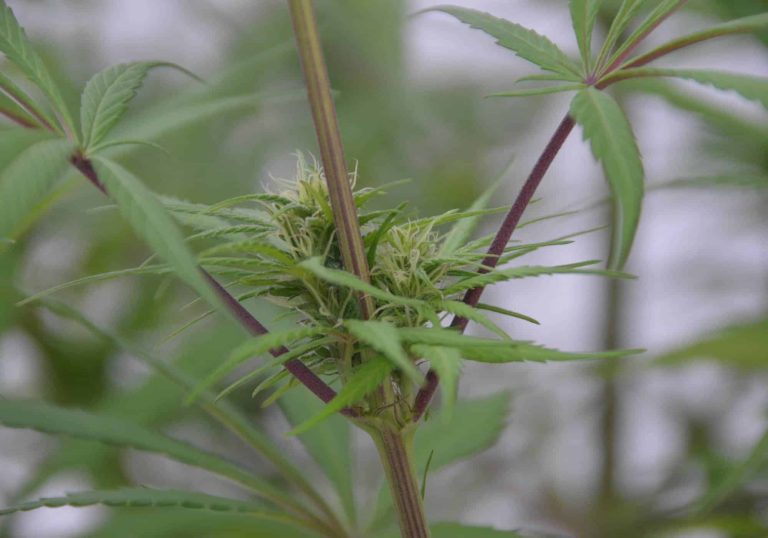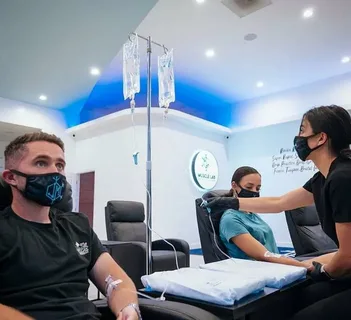The use of cannabis has become increasingly common for both recreational and medicinal purposes, sparking a variety of questions about its potential effects and detectability. One such question that frequently arises is whether THCA (tetrahydrocannabinolic acid) shows up on a drug test. To properly answer this, it’s essential to understand the nature of THCA, how drug tests work, and the factors that determine whether or not THCA will be detected.
What is THCA?
THCA is the precursor compound to THC (tetrahydrocannabinol), the psychoactive ingredient in cannabis that produces the “high” effect. However, THCA itself is non-psychoactive, meaning it does not cause the same euphoric effects as THC. When cannabis is heated, such as through smoking or vaping, THCA undergoes a chemical process known as decarboxylation, which converts it into THC, making it active and capable of affecting the body’s endocannabinoid system.
How Do Drug Tests Work?
Drug tests, particularly those used to detect cannabis, typically focus on identifying metabolites of THC in the body. These metabolites, especially THC-COOH (tetrahydrocannabinol carboxylic acid), are byproducts of THC’s breakdown and are what most drug tests are designed to detect. The tests are designed to identify traces of these metabolites in urine, blood, saliva, and hair samples.
Because THCA is chemically different from THC and does not break down into the same metabolites, it’s important to understand whether it will show up on these tests.
Does THCA Show Up on a Drug Test?
The simple answer is: no, THCA typically does not show up on a standard drug test. Standard drug tests are not designed to detect THCA directly. Instead, they are created to look for THC metabolites, which result from the decarboxylation process of THCA into THC. Therefore, unless THCA is heated or processed into THC, it is not likely to be detected.
However, if cannabis that contains THCA is consumed in a manner that converts it into THC—such as smoking or vaping—it is the THC metabolites that are likely to be detected in a drug test, not the THCA itself. This is an important distinction to make when considering the implications of cannabis use in relation to drug testing.
Will THCA Convert to THC in the Body?
While THCA is typically non-psychoactive, some have questioned whether it might convert to THC within the body and result in a positive drug test. In theory, the body’s natural processes might break down THCA, but this is unlikely to produce enough THC metabolites to cause a positive result on a drug test. The decarboxylation process of THCA into THC typically requires heat, and this process predominantly happens during the consumption of cannabis via smoking, vaping, or other heating methods.
In essence, even if THCA were consumed in raw form, it is unlikely to trigger a drug test outcome unless it undergoes decarboxylation through heat.
Other Considerations: Full-Spectrum vs. THCA-Rich Cannabis
For individuals using cannabis products that contain high levels of THCA but little to no THC, it’s worth considering the type of product consumed. Full-spectrum cannabis products may contain both THCA and THC, making it more likely that THC metabolites will show up on a drug test. On the other hand, THCA-rich products, like raw cannabis or tinctures, might not directly cause a positive test unless they have been heated or converted to THC.
Conclusion: Does THCA Show Up on a Drug Test?
The short answer is that does THCA show up on a drug test—not directly, at least. Since most drug tests are designed to detect THC metabolites and not THCA itself, those who consume cannabis in its raw form are less likely to fail a drug test. However, if the THCA is converted to THC through heating or smoking, the resulting metabolites will show up on the test, possibly leading to a positive result.
Individuals concerned about drug testing and cannabis use should be aware of the differences between THCA and THC and how consumption methods influence whether or not they will test positive. In any case, the safest approach when facing a drug test is to avoid cannabis use altogether.



